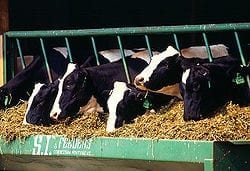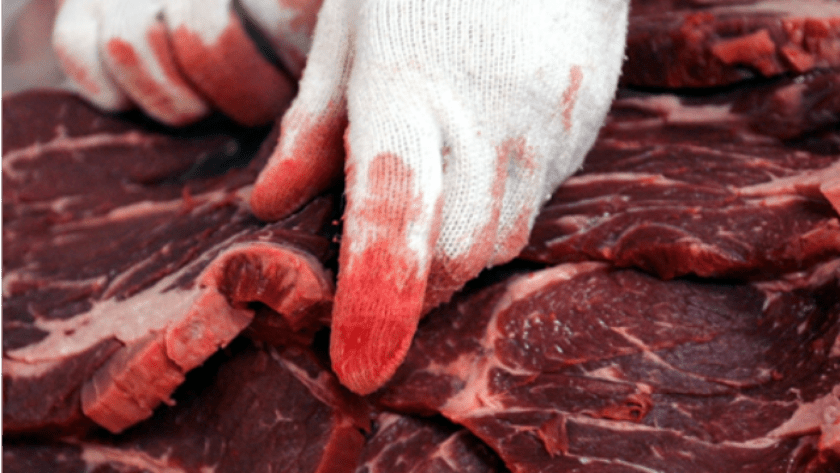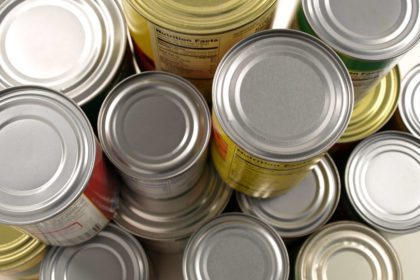A diet high in meat may cause early puberty in girls according to new research. It found that 14% more 7-year-old girls started their periods by age 12 when they ate over 12 servings of meat per week versus 4.
One hundred years ago, girls began puberty at age 14 (and boys at age 16). Girls who start their periods early face a higher risk of breast and ovarian cancers and heart disease.
Although further studies are needed in other populations, evidence suggests it’s healthiest to consume less meat. Researchers agree that something is affecting our children, whether it’s chemicals, hormones, or inactivity.
This research was led by Dr. Imogen Rogers at the University of Brighton who is a senior lecturer at the university’s School of Pharmacy and Biomolecular Sciences. The study compared the diets of 3,000 12-year-old girls and was funded by the World Cancer Research Fund. The research has just been published in the journal Public Health Nutrition.
Hormones in Beef
The FDA allows the use of implanted hormonal agents for raising beef cattle in the U.S. They are used to increase the weight of cattle prior to slaughter.

Hormones are also used by some milk producers. “It is very likely that hormone residues in North American beef is a factor in the early onset of puberty among girls in recent decades,” said Carlos Sonnenschein of the Tufts University School of Medicine at Boston (as mentioned in an article from the Organic Consumers Association).
Dr. Weiss also said, “Fat is a storing facility for hormonally active pollutants, so if you are overweight, you’re more likely to hold on to some chemicals in the environment that enter your body from food and water.”
Fat, Early Puberty, and Cancer
Inactivity could also contribute to early puberty and cancer in that it can lead to overweight. Dr. Marisa Weiss, a breast cancer oncologist of Lankenau Hospital in Pennsylvania found that “fat makes extra hormones and can bring on puberty earlier.”
This is the same fat that “makes extra hormones, which leads to extra cell activity and extra abnormal cell activity, i.e. breast cancer.”





